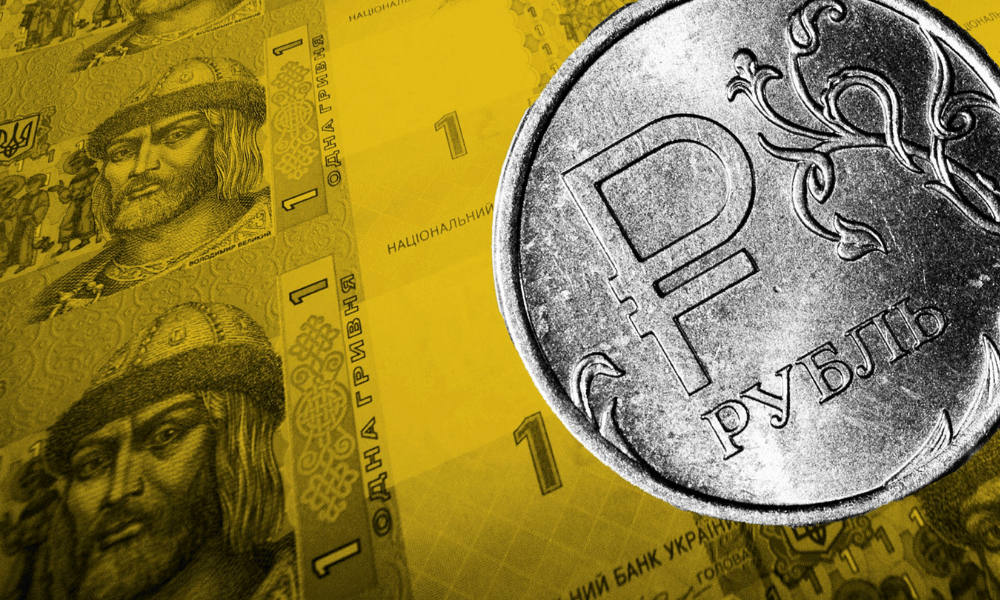
Investing.com - The U.S. dollar traded higher while the euro headed for its worst week in nine months as the intensifying war in Ukraine prompted safe-haven flows as well as a hit to European growth expectations.
At 2:50 AM ET (0750 GMT), the Dollar Index, which tracks the greenback against a basket of six other currencies, traded 0.3% higher at 98.055.
EUR/USD fell 0.5% to 1.1012, just above its lowest level since May 2020. The single currency has lost almost 2% against the U.S. currency this week, which would be its worst week since June 2021.
The catalyst to the latest forex moves was an attack by Russian troops on Ukraine's Zaporizhzhia nuclear power plant, the largest of its kind in Europe, as Moscow tightens its grip on its southern neighbour.
Energy prices have soared during this conflict as Western sanctions on Russia in the wake of its invasion of Ukraine have raised fears of severe energy shortages, mainly in Europe, given Russia’s importance in supplying the region with oil and gas.
Russia taking control of this nuclear power station, or rendering it inactive, can only add to that narrative, to the detriment of future European economic growth.
"This war will be devastating for Ukraine. As for Russia, the short and longer-term implications will definitely hurt the economy. But EU countries will also be among those which will be hit the most by these sanctions," said analysts at ING, in a note.
Also adding support to the dollar was the confirmation by Federal Reserve Chair Jerome Powell, on the second day of his semi-annual testimony to Congress, that he would support a 25 basis point hike at the central bank’s meeting later this month in order to combat soaring inflation.
The main economic data release Friday will be the U.S. monthly employment report, at 8:30 AM ET (1330 GMT), which is expected to show another month of strong job growth, providing the Fed with room to lift interest rates.
While inflation is also an issue in Europe, the Russian invasion of Ukraine threatens to derail the European economic recovery from the pandemic and delay even further the European Central Bank’s slow progress toward policy normalization.
“The war's impact on eurozone growth could be anywhere in the 0.3%-1.0% region and the ECB will be treading very carefully when it comes to tightening policy,” ING added.
Elsewhere, USD/JPY traded flat at 115.47, GBP/USD fell 0.2% to 1.3325 and AUD/USD climbed 0.3% to 0.7351, with the Australian dollar helped by soaring commodity prices.